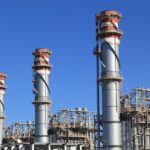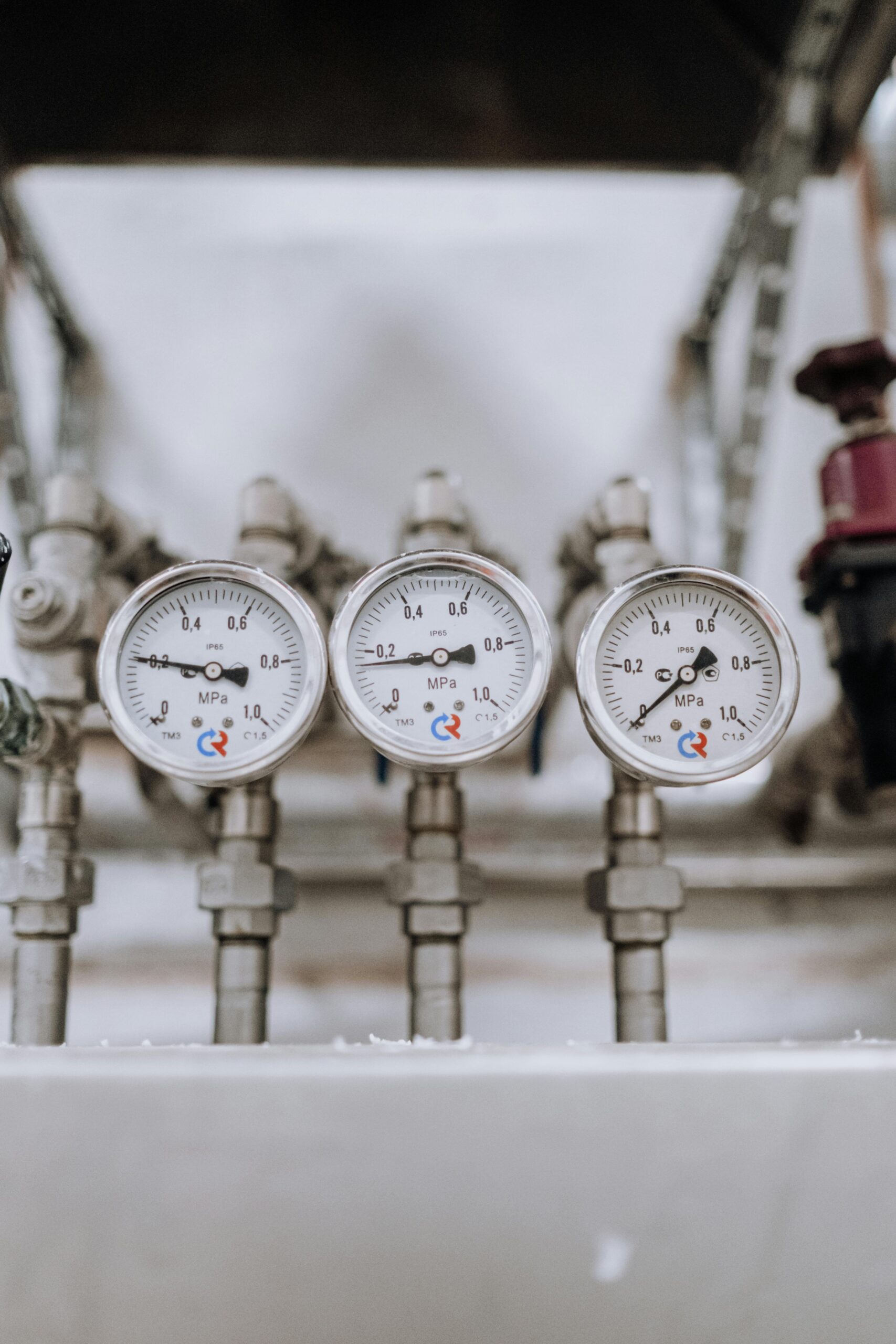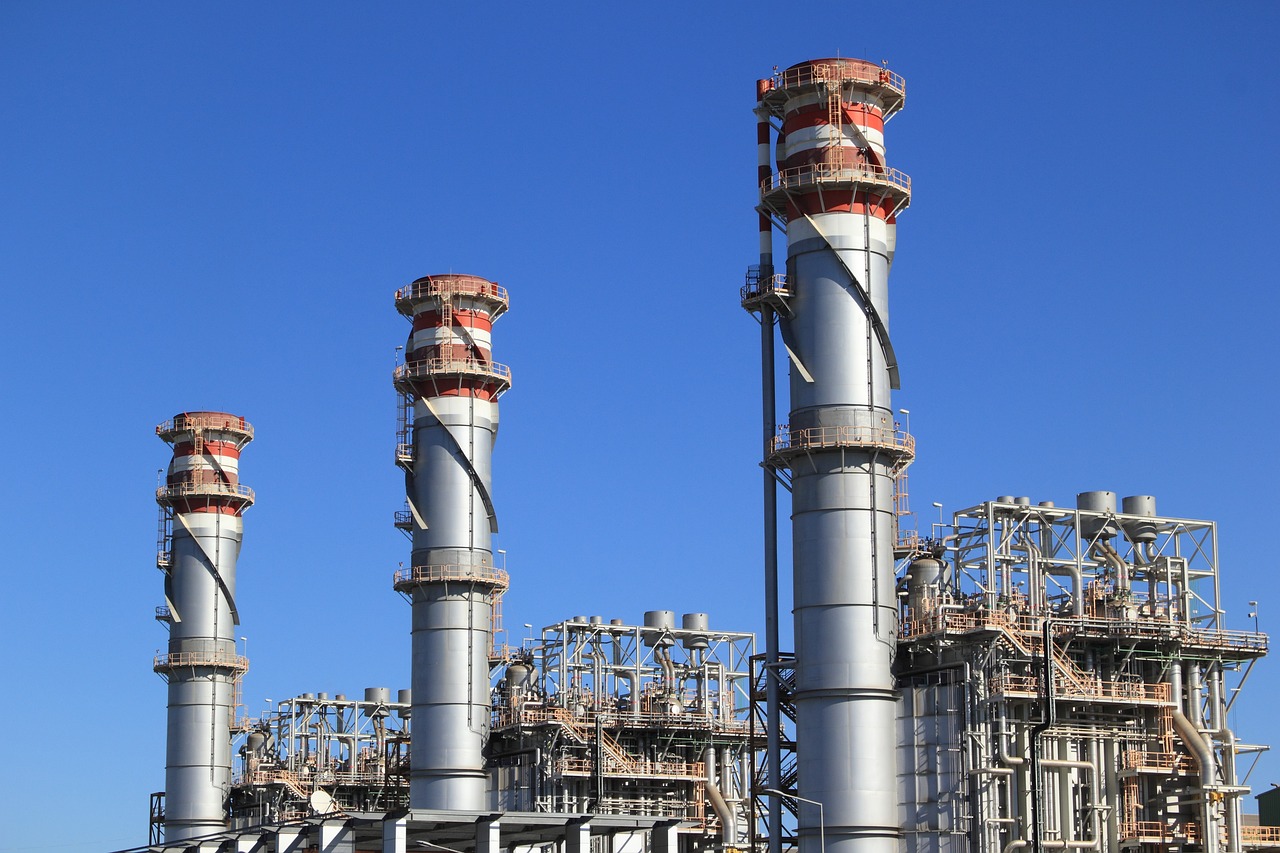In the realm of chemical engineering, reactors are the beating heart of chemical processing. They are the vessels where raw materials undergo transformation into desired products through a myriad of chemical reactions. These reactors come in various shapes and sizes, each tailored to specific industrial needs.
Types of Reactors
Batch Reactors: Batch reactors are like the artisans of chemical processing. In these reactors, all reactants are added to the vessel, and the reaction is allowed to proceed until completion. Once the reaction is finished, the products are removed, and the vessel is cleaned for the next batch. Batch reactors are versatile and find application in pharmaceuticals, specialty chemicals, and even in the creation of small-batch artisanal products.
Continuous Flow Reactors: Continuous flow reactors, also known as continuous stirred-tank reactors (CSTR), operate differently. Here, reactants are continuously fed into the reactor, while products are continuously removed. This constant flow ensures a steady-state operation, allowing for consistent production. Continuous flow reactors are commonly used in large-scale industrial processes where high volumes of products are required.
Plug Flow Reactors: Plug flow reactors are all about uniformity and efficiency. In these reactors, reactants flow through a tubular vessel with a uniform flow velocity. This results in a plug-like flow profile, where each particle of fluid follows the same path as its predecessors with little to no mixing. Plug flow reactors are ideal for reactions that require precise control over reaction times and conditions.
Applications of Reactors
Reactors are used in a wide range of chemical processes, including:
- Polymerization: Reactors play a crucial role in the production of polymers, where monomers are chemically bonded to form large molecular chains.
- Fermentation: In the production of biofuels, pharmaceuticals, and food products like yogurt and beer, reactors are used to facilitate fermentation processes.
- Oxidation: Reactors are employed in oxidation processes to convert raw materials into valuable products such as organic acids, alcohols, and ketones.
Conclusion
Reactors are the backbone of chemical processing, enabling the conversion of raw materials into valuable products. Whether it’s a batch reactor, continuous flow reactor, or plug flow reactor, each type plays a vital role in different industrial applications. Understanding the principles behind these reactors is crucial for optimizing chemical processes and ensuring efficient production in the chemical industry.














